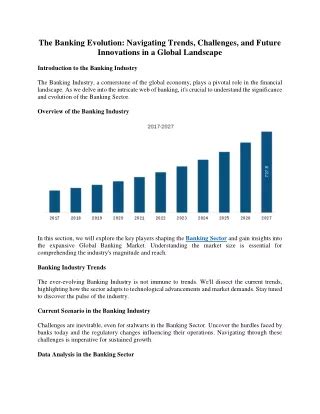- تاریخ انتشار : دوشنبه ۲۲ بهمن ۱۴۰۳ - ۲۲:۰۳
- کد خبر : 1277 چاپ خبر
Navigating the Global Landscape of Crypto Taxation
Navigate in the global landscape of crypto taxation The rapid growth of cryptocurrency has changed the way individuals and companies interact with the financial markets. Since the value of cryptocurrencies continues to increase, the tax effects on the concerns also increase. In this article, we will deal with the current state of crypto taxation worldwide
Navigate in the global landscape of crypto taxation
The rapid growth of cryptocurrency has changed the way individuals and companies interact with the financial markets. Since the value of cryptocurrencies continues to increase, the tax effects on the concerns also increase. In this article, we will deal with the current state of crypto taxation worldwide and highlight important considerations for both individuals and companies.
International frameworks

In order to tackle the complex global landscape, the governments have set up various international framework conditions that aim to regulate crypto transactions. Are among the most remarkable:
- OECD Common Reporting Standard (CRS) : CRS from the Organization for Economic Cooperation and Development (OECD) is a standardized framework for the reporting on financial information from high-risk vols management to your respective tax authorities. Although it is not exclusively focused on cryptocurrencies, it had a significant impact on the global cryptoma market.
- Fincen regulations : In the USA, Financial Crimes Enforcement Network (Fincen) regulates cryptocurrency transactions according to the bank Secrecy Act (BSA). These rules require that companies and individuals report certain financial activities, including cryptocurrency transactions.
Key tax considerations
While the crypto landscape is developing, several important tax considerations have arisen:
- Tax classification : Cryptocurrencies are subject to the taxation of the capital income, just like conventional assets. The tax classification of cryptocurrencies will probably continue to be a controversial topic, with some argue that they should be treated as property rather than as a securities.
- Trade fees and costs : Companies that work in the crypto sector often cause considerable trading fees, which can lead to significant expenses. These costs must be deducted from the company’s profits when reporting tax obligations.
- Tax on interest income : Cryptocurrency investors usually adhere to brids or stock exchanges, where they generate interest income. However, this income is not subject to taxation by the individual investor, but from the administrator or the stock exchange that holds the asset.
Land -specific regulations
Each country has its unique regulatory framework for crypto transactions:
- USA : The law on tax cuts and jobs (TCJA) introduced significant tax reforms in 2017, including a new definition of cryptocurrency and a determination that enables companies to deduct trade losses.
- China : China’s Ministry of Commerce granted regulations in which companies that work in the country register for tax purposes and report certain transactions.
- Singapure : The Authority of Singapore (MAS) has determined guidelines for cryptocurrency exchanges and custody banks and described rules for reporting and taxation.
Implementation challenges
The navigation of global crypto tax represents several challenges:
- Jurismodity complexity : Cryptocurrencies are often acted in several jurisdiction, which makes it difficult to determine which laws and regulations apply.
- Lack of standardization : There is currently no standardized framework for reporting on cryptocurrency transactions or the calculation of tax liabilities.
- Regulatory uncertainty : The regulatory landscape continues to develop quickly, whereby new rules and guidelines regularly appear.
Best practices for companies
In this way you minimize the risks associated with the crypto taxation:
- Stay up to date : Check the country -specific regulations and international framework conditions regularly to ensure compliance with compliance.
- Find professional advice : Consult experienced tax advisors or financial experts to control complex regulatory questions.
3.
لینک کوتاه
برچسب ها
- نظرات ارسال شده توسط شما، پس از تایید توسط مدیران سایت منتشر خواهد شد.
- نظراتی که حاوی تهمت یا افترا باشد منتشر نخواهد شد.
- نظراتی که به غیر از زبان فارسی یا غیر مرتبط با خبر باشد منتشر نخواهد شد.
ارسال نظر شما
مجموع نظرات : 0 در انتظار بررسی : 0 انتشار یافته : 0